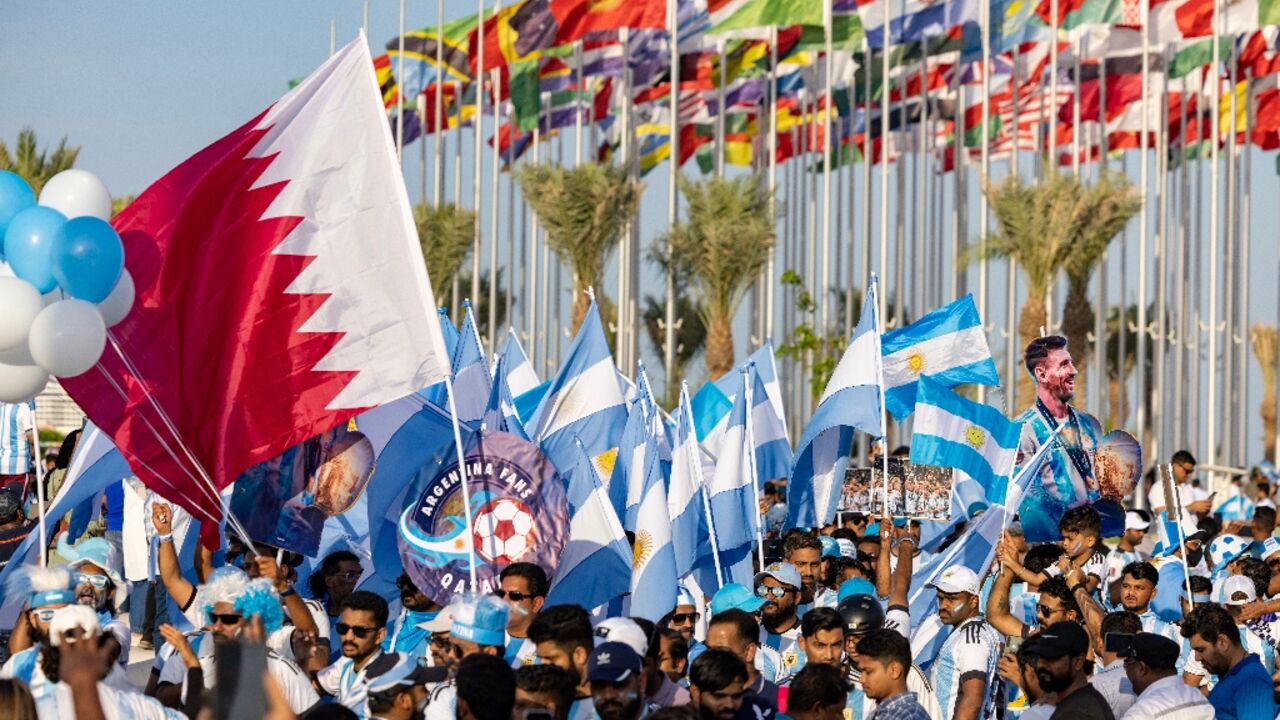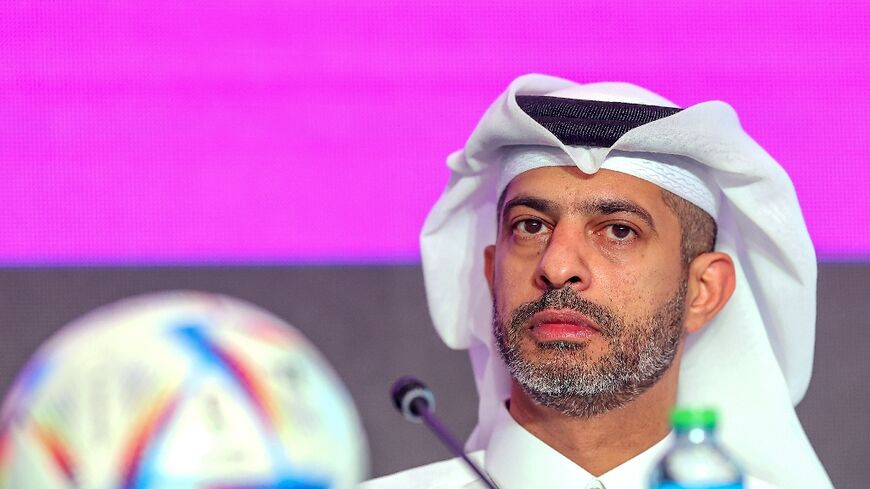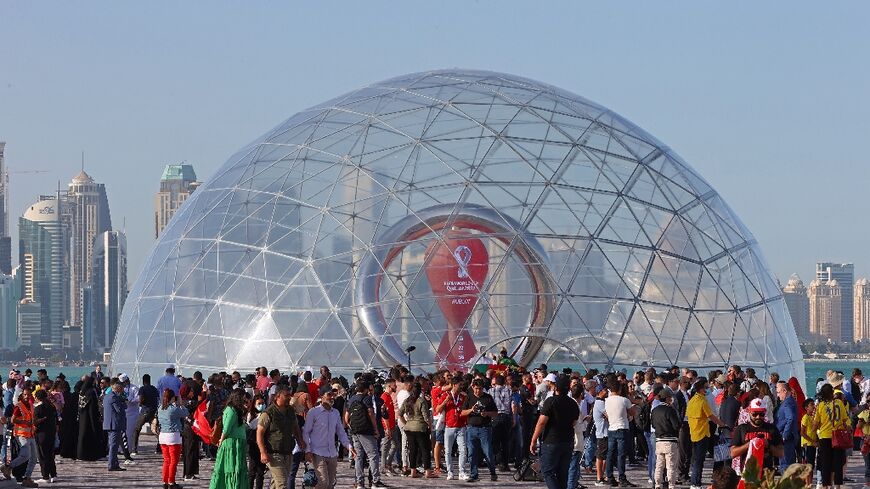Arab fans' World Cup fever cooled by Qatar costs

Qatar's World Cup will be the first on Arab soil but despite excitement in the Middle East, the fervour is not universal in a region usually united by its passion for football.
Although the November 20-December 18 tournament is geographically close for many Arab fans, high costs are a problem as a cocktail of crises and economic woes plague much of the Middle East and North Africa.
"Accommodation and transport costs are exorbitant," said Makram Abed, who runs a 40,000-strong Facebook fan page for Tunisia's national side, one of the four Arab teams qualified along with Qatar, Morocco and Saudi Arabia.
Qatar "could have offered preferential prices" to fans in the region, Abed told AFP, although Qatar says it has subsidised the cost of accommodation available on its official portal.
Abed was one of several fans contacted by AFP in a straw poll of supporters across the region, whose population is more than 400 million.
World Cups have traditionally attracted more affluent supporters than weekly club football, whose fanbase is often working-class, football historian Paul Dietschy told AFP.
The World Cup in Qatar "reinforces" the universal trend of a growing gap between the rich and the poor, Dietschy said.
Even in oil-rich Saudi Arabia, which has the Arab world's largest economy and shares a land border with Qatar, fans said the costs were prohibitive.
"You have to take out a loan to attend the three (group) matches," said 25-year-old Saudi student Mouhannad, who asked not to be identified by his full name.
- Subsidised flights -
According to FIFA, Qatar has topped the list of countries for World Cup ticket purchases, which neared three million.
Gulf neighbours the United Arab Emirates and Saudi Arabia are also among the top 10 ticket-buyers.
In fact, Saudi Arabia has made more accommodation bookings than any other country, according to the Qatar organising committee.
Egypt, considered an Arab football hotspot, did not qualify but some there still plan to travel, including Amr Mamdouh who is looking forward to his Gulf visit.
"Flights to Qatar cost half as much" as those to Russia which hosted the 2018 World Cup, he said.
Thousands of Arab expatriates living in the Gulf will also board the daily airlift of more than 160 shuttle flights laid on between Qatar and its neighbours.
They include Fadi Bustros, a Lebanese living in Dubai, who will take the one-hour flight to Doha and return the same day.
But Bustros fears a "real World Cup atmosphere" may be lacking, given controversies around Qatar's hosting and the unprecedented scheduling in winter rather than summer, when many fans prefer to travel.
In Morocco, authorities have announced subsidised flights to Qatar, but they still cost around $760. For Yassin, a 34-year-old Moroccan who attended the 2018 World Cup, the discount is not incentive enough.
"A World Cup is synonymous with a beautiful atmosphere, human encounters, carelessness, celebration," he said.
"Qatar does not meet this criteria."
- 'Soft power' -
Yassin bought tickets to watch Morocco but then cancelled his trip because of "restrictive" rules in conservative Qatar, where entertainment options and access to alcohol remain limited.
Fellow Moroccan Wassim Riane, who also went to the World Cup in Russia, said he too will skip the trip to Qatar, "a country without a football history or a culture of celebration".
Football landed in the Arabian peninsula in the 1970s, with the influx of oil companies and expatriate workers -- much later than the rest of the Middle East, which was subject to French and British colonial rule.
In Egypt, the first football clubs were created after World War I.
According to Dietschy, football fandom follows two trends in the Arab world.
In countries such as Morocco, Iraq, Syria, and Algeria, "football is popular and attracts crowds" in stadiums, said Dietschy.
But in other countries, including Qatar, football is "more of a show that is watched on television" as well as a tool of "soft power".
saa-burx/ho/th/mw/gj





